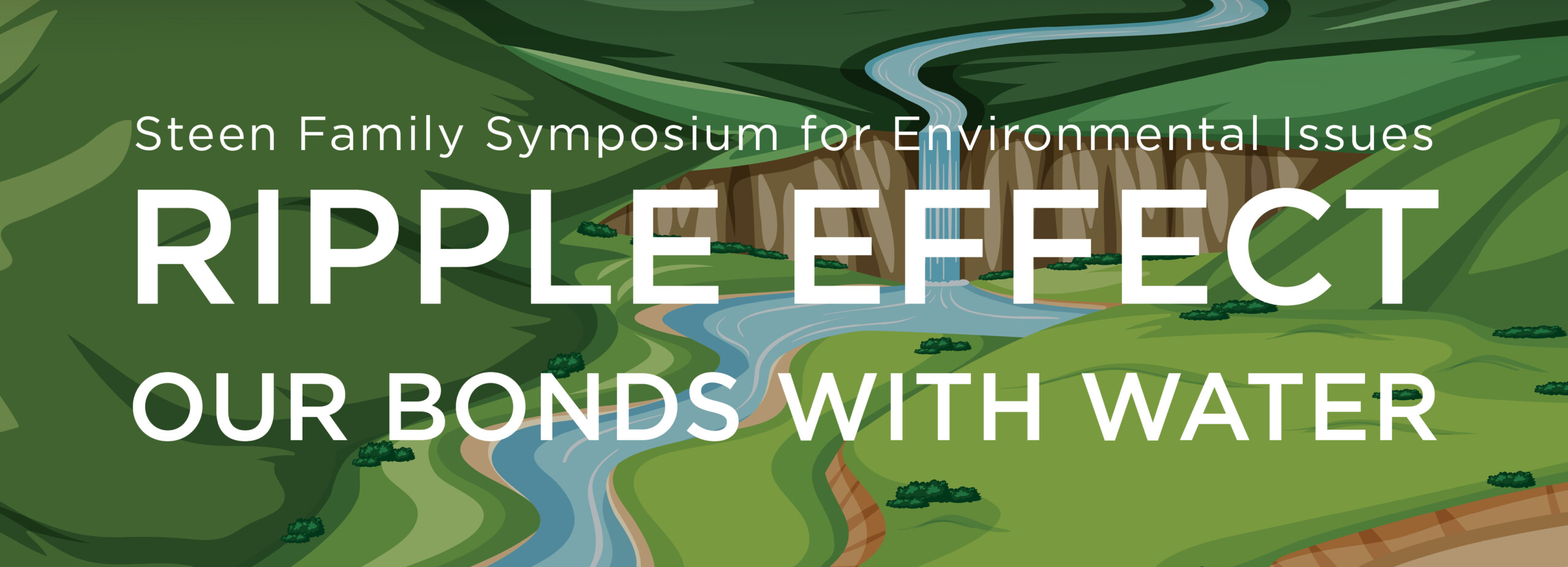
Steen Family Symposium for Environmental Issues
Ripple Effect: Our Bonds with Water
April 21 & 22, 2025
What does it require to support and be supported by healthy watersheds?
The 2025 Steen Family Symposium invites us to consider this question through the lenses of arts, sciences, and education. The two day symposium will be filled with presentations and conversations about our relationships and interactions with water and our watersheds. The Keynote Panel will bring together speakers who experience water and watersheds in their work as artists, educators, scientists and managers to discuss the many ways we are all connected to our local watersheds and water in general. The second day of the symposium will continue many of these themes and dive further into how water brings us together and may impact our creative and spiritual lives. The 2025 Steen Family Symposium will serve as a launching point and community framing for PLU’s Earth & Diversity Week.
2025 SYMPOSIUM SCHEDULE
Monday April 21
Salmon Habitat Restoration in the South Puget Sound
11:15AM – 12:20PM, AUC 133
Join ENVT 350: Environmental Methods as they welcome Salmon Habitat Restoration Biologist Kristin Williamson to their class. Kristin will discuss her work with the South Puget Sound Salmon Enhancement Group. Learn what it takes to restore watersheds and re-create salmon habitat! This is truly interdisciplinary work that requires expertise in biology, geology, hydrology, political science, legal policy, tribal history, traditional ecological knowledge, community building, communication, grant writing, project management, and construction.
Kristin Williamson has called the Pacific Northwest home since 1998 after moving here to earn her bachelors of science in biology from the University of Puget Sound. She is proud to be part of the South Puget Sound Salmon Enhancement Group serving as project manager and fish biologist on restoration projects focused in the Pierce County portion of our region on the Puyallup and Chambers-Clover watersheds. Kristin’s passion for her work is driven by her desire to make right the environmental wrongs of past land use practices and restore our region’s wild rivers for future generations of fish to thrive. On and off the clock, Kristin enjoys roaming the mountains, forests, and floodplains, and waters of the Pacific Northwest.
LunchConnect
12:30PM – 1:30PM, CK East
LunchConnect is returning for Earth & Diversity Week! Come to LunchConnect to meet students from diverse backgrounds and expand your circle beyond your usual friend group. Experience the ripple effect of building connections within your community as we discuss our relationship to water! We’ll provide the conversation starters and a catered lunch!
This session will also be hosted on Tuesday 4/22 at 12:30PM-1:30PM.
Indigenous Activism to Guard Our Waters
1:45pm – 3:30pm, AUC 133
Join RELI 236: Native American Religious Traditions as they welcome Paul Chiyokten Wagner (Wsaanich/Saanich) to their class. Chiyokten will share about his creative and activist work on behalf of the Salish Sea.
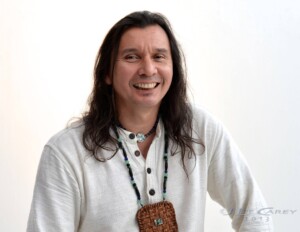 Paul Chiyokten Wagner is an internationally performing presenter of traditional songs and stories of his Coast Salish tribal ancestors. Chiyokten is a member of the W̱SÁNEĆ (Saanich) Tribe of southern Vancouver Island, British Columbia. An award-winning Native American flutist & Storyteller his songs have come to him with visions of healing and prayer for all relations (tree people, animal people and human people). Chiyokten is also the founder of Protectors of the Salish Sea of who actively stand up for the tree, plant and animal peoples as well as our human peoples of Mother Earth and the livable future for all children. In addition to his performing and recording work, Chiyokten creates traditional Coast Salish frame drums and flutes and teaches workshops on drum making and flute playing. He also creates Coast Salish form wood carvings, and is a videographer and photographer of Nature’s phenomenal spiritual gifts.
Paul Chiyokten Wagner is an internationally performing presenter of traditional songs and stories of his Coast Salish tribal ancestors. Chiyokten is a member of the W̱SÁNEĆ (Saanich) Tribe of southern Vancouver Island, British Columbia. An award-winning Native American flutist & Storyteller his songs have come to him with visions of healing and prayer for all relations (tree people, animal people and human people). Chiyokten is also the founder of Protectors of the Salish Sea of who actively stand up for the tree, plant and animal peoples as well as our human peoples of Mother Earth and the livable future for all children. In addition to his performing and recording work, Chiyokten creates traditional Coast Salish frame drums and flutes and teaches workshops on drum making and flute playing. He also creates Coast Salish form wood carvings, and is a videographer and photographer of Nature’s phenomenal spiritual gifts.
Puget Sound Watershed Dinner
5:00PM – 7:00PM, The Commons
Join us for dinner with a menu featuring Puget Sound specialties.
If you are attending the panel and don’t have an AYCTE meal plan, request a FREE dinner ticket HERE
What does it require to support and be supported by healthy watersheds?
7:00PM, Scandinavian Cultural Center
The Keynote Panel will bring together speakers who experience water and watersheds in their work as artists, educators, scientists and managers to discuss the many ways we are all connected to our local watersheds and water in general. The panel members will attempt to answer the framing question through the lenses of their disciplinary and life perspectives, leaving the audience with ideas about how to support the watersheds in which we live.
Panelist
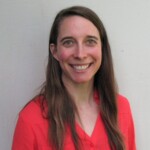 Caroline Mellor is the Statewide Drought Lead at the Washington State Department of Ecology. She was previously the Water Resources Rule Development Lead and prior to Water Resources, she was the Environmental Justice planner for the Climate Commitment Act in Ecology. Previously, Caroline was a third-party consultant planner and facilitator for environmental and public policy issues, collaborative governance, conflict management and stakeholder engagement projects for federal, state, and municipal clients. She has worked on a range of environmental issues, including natural resource management, public lands, public health, transportation, and regional planning. She has two masters degrees from the University of Oregon, in Community & Regional Planning and in Conflict and Dispute Resolution, and received her B.A. from The Evergreen State College. In a prior life, she worked in environmental education.
Caroline Mellor is the Statewide Drought Lead at the Washington State Department of Ecology. She was previously the Water Resources Rule Development Lead and prior to Water Resources, she was the Environmental Justice planner for the Climate Commitment Act in Ecology. Previously, Caroline was a third-party consultant planner and facilitator for environmental and public policy issues, collaborative governance, conflict management and stakeholder engagement projects for federal, state, and municipal clients. She has worked on a range of environmental issues, including natural resource management, public lands, public health, transportation, and regional planning. She has two masters degrees from the University of Oregon, in Community & Regional Planning and in Conflict and Dispute Resolution, and received her B.A. from The Evergreen State College. In a prior life, she worked in environmental education.
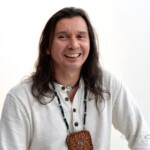 Paul Chiyokten Wagner is an internationally performing presenter of traditional songs and stories of his Coast Salish tribal ancestors. Chiyokten is a member of the W̱SÁNEĆ (Saanich) Tribe of southern Vancouver Island, British Columbia. An award-winning Native American flutist & Storyteller his songs have come to him with visions of healing and prayer for all relations (tree people, animal people and human people). Chiyokten is also the founder of Protectors of the Salish Sea of who actively stand up for the tree, plant and animal peoples as well as our human peoples of Mother Earth and the livable future for all children. In addition to his performing and recording work, Chiyokten creates traditional Coast Salish frame drums and flutes and teaches workshops on drum making and flute playing. He also creates Coast Salish form wood carvings, and is a videographer and photographer of Nature’s phenomenal spiritual gifts.
Paul Chiyokten Wagner is an internationally performing presenter of traditional songs and stories of his Coast Salish tribal ancestors. Chiyokten is a member of the W̱SÁNEĆ (Saanich) Tribe of southern Vancouver Island, British Columbia. An award-winning Native American flutist & Storyteller his songs have come to him with visions of healing and prayer for all relations (tree people, animal people and human people). Chiyokten is also the founder of Protectors of the Salish Sea of who actively stand up for the tree, plant and animal peoples as well as our human peoples of Mother Earth and the livable future for all children. In addition to his performing and recording work, Chiyokten creates traditional Coast Salish frame drums and flutes and teaches workshops on drum making and flute playing. He also creates Coast Salish form wood carvings, and is a videographer and photographer of Nature’s phenomenal spiritual gifts.
Kris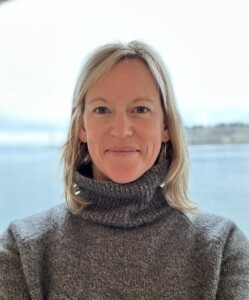 tin Williamson is a salmon biologist and restoration project manager for the South Puget Sound Salmon Enhancement Group, where she has served in that role since 2005. Before that she served as a field biologist for the Puyallup Tribe Fisheries department. Kristin has a bachelors of science from the University of Puget Sound. She is passionate about restoring the rivers and shorelines of the Pierce County through scientific investigations, community engagement, and construction of restoration projects.
tin Williamson is a salmon biologist and restoration project manager for the South Puget Sound Salmon Enhancement Group, where she has served in that role since 2005. Before that she served as a field biologist for the Puyallup Tribe Fisheries department. Kristin has a bachelors of science from the University of Puget Sound. She is passionate about restoring the rivers and shorelines of the Pierce County through scientific investigations, community engagement, and construction of restoration projects.
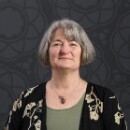 Rose McKenney is a Professor of Earth Sciences and Environmental Studies. Trained as a geologist, she has worked on scientific research of water-related environmental issues for most of her career. Through teaching in the local watershed she has become interested in how communities perceive, value, and act to support watershed health.
Rose McKenney is a Professor of Earth Sciences and Environmental Studies. Trained as a geologist, she has worked on scientific research of water-related environmental issues for most of her career. Through teaching in the local watershed she has become interested in how communities perceive, value, and act to support watershed health.
Tuesday April 22
Ripples of Insight: Reflections of Self Through Family Stories
Two sessions: 11:50AM-1:35PM & 1:45PM – 3:30PM, CK West
The properties of water are some of the most amazing on the planet, and the ripple effect is a significant metaphor in the interconnections we have with our environments and each other. During this session, join EDUC 205/FYEP 102: Multicultural Perspectives in the Classroom students as they share insights from their exploration on the ripples in their lives through interviewing parents, caretakers, and family. Together we’ll draw out common themes of how we learn and grow together, acknowledging the rippling effect.
LunchConnect
12:30PM – 1:30PM, CK East
LunchConnect is returning for Earth & Diversity Week! Come to LunchConnect to meet students from diverse backgrounds and expand your circle beyond your usual friend group. Experience the ripple effect of building connections within your community as we discuss our relationship to water! We’ll provide the conversation starters and a catered lunch!
Wading Against the Current: Make Art for the Turbulent Times
2:30PM – 4:00PM, CK East
Join PLU Alumnus, Saiyare Refaei, in guided art making for these turbulent times. Water connects all of us on this planet and art can be a tool of further connection in community. Come to challenge fears of perfectionism, create to our hearts content, and dream of a thriving world we want to see.
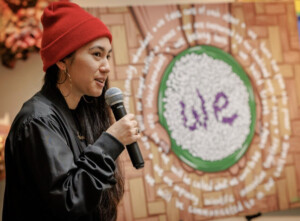 Saiyare Refaei (they/them/she/her) is a Chinese Iranian artist residing on the occupied lands of the Puyallup people (Tacoma, Washington). Their mediums include community murals, printmaking, digital drawings and poetry. They enjoy working collaboratively and being a conduit to visualize the stories that need to be told in our communities. Saiyare is a member of Justseeds Artist Cooperative and strives to utilize art as a means of community building, education and healing. Saiyare has been published by Haymarket Books and Blue Cactus Press. You can find more of their art at https://justseeds.org/artist/saiyarerefaei/ or on Instagram at @_saikick_
Saiyare Refaei (they/them/she/her) is a Chinese Iranian artist residing on the occupied lands of the Puyallup people (Tacoma, Washington). Their mediums include community murals, printmaking, digital drawings and poetry. They enjoy working collaboratively and being a conduit to visualize the stories that need to be told in our communities. Saiyare is a member of Justseeds Artist Cooperative and strives to utilize art as a means of community building, education and healing. Saiyare has been published by Haymarket Books and Blue Cactus Press. You can find more of their art at https://justseeds.org/artist/saiyarerefaei/ or on Instagram at @_saikick_
Restorative Practices: Understanding our Sacred Connection Across Watersheds
4:30PM – 6:00PM, CK West
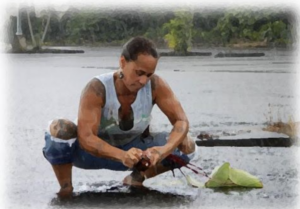
Sui-Lan Hoʻokano has over 30 years as a Cultural Educator Practioner; her current journey is with the Washington State Professional Educational Standards Board PESB as the Program Manager of Curriculum Transformation and Tribal Liaison. Sui-Lan’s roots are from Moku o Keawe, (Island of Hawaii). Mother of five, Grandmother of five, and a large Ohana (family). Alumnus of the University of Hawaii Hilo, Sui-Lan is a multidisciplinary educator, facilitator, and narrative strategist. Navigating 30 years of working with youth, educators, and cross-sector leaders locally, nationally, and globally to harness the power of narrative, co-imagine, and share stories in building equitable educational learning experiences. Lecturer at UW Tacoma, Seattle, and Western Washington MED, AIS, and Anth programs, her research and consulting work focuses on community environmental asset-based storytelling, racial equity, narrative change, healing, culturally responsive leadership, and organizational development. Recently featured in the 2024 Aurora Institute Competency Blog “Voices of Indigenous Educators Series”, leading Indigenous Climate Science Learning professional series CLIMETIME since 2021, Co-author Third-Space Exploration in Education, PESB CCDEI PD and featured example in the Washington State Board of Education 2020 Mastery-Based Credits and Learning Policy Senate Bill 5249: valuing place-based experiential learning experiences through Indigenous epistemology, and culturally responsive Indigenous practices (CRISP). Sui-Lan shares her experiences and states “It is not enough to be conscious of the problems of the world, how we involve ourselves in the solutions is the most important thing that we could ever do in our journey”. When we begin to move towards these restorative practices, both Indigenous and
non-Indigenous communities benefit.
ABOUT THE STEEN FAMILY SYMPOSIUM
Established in 2022 through a gift from David and Lorilie Steen, the Steen Family Symposium brings informed speakers who challenge current thinking and propose healthy change to the PLU campus for the purpose of contributing to educate for “lives of thoughtful inquiry, service, leadership and care — for other people, for their communities and for the Earth.” The symposium reflects the PLU Environmental Studies Program’s commitment to thinking about environmental issues from intersectional perspectives that bring into focus the connection between the health of the environment and the health of people and their communities.
Additionally, the Steen Family Symposium serves as an anchor program of Earth & Diversity Week and inspiration for its annual week long theme.
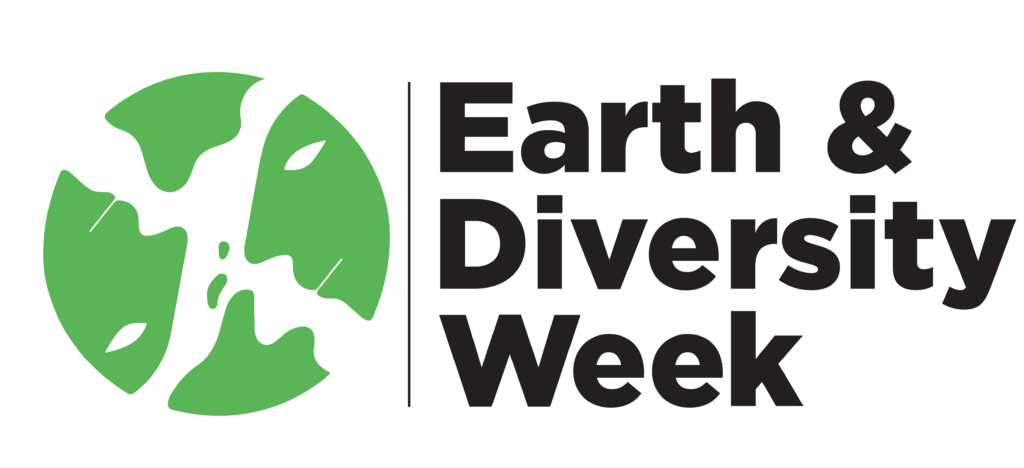
PAST STEEN FAMILY SYMPOSIUM & EARTH DAY SPEAKERS
Collaboration, Trust, and Stewardship After the Boldt Decision
What does it mean to be a trustworthy collaborator? During this keynote panel, we will listen to relationships that developed out of the Boldt Decision and how they have worked to be co-stewards for salmon.
Panelists:
- Fred Dillon, Councilman, Puyallup Tribe of Indians
- Willie Frank III, Chairman, Nisqually Indian Tribe
- Jason S. Spadaro, Executive Director, Washington Forest Protection Association
- J.T. Wilcox, Washington State Representative 2nd District
- Loni Greninger, PLU Alumna and Vice Chair, Jamestown S’Klallam Tribal Council (moderator)
Additional programs:
DJS Lounge Check In: Exploring Trust: Check in with your community. Check in with your DJS learning and engagement. At this DJS Lounge Check In we will explore our individual relationships with trust. Lead by the DJS Assistants and special guest James Innocent, M.A., LMHCA
Radical Relationships: How The Health of People & Our Environments Intersect: Join us for a conversation with Loni Greninger, Vice Chair of the Jamestown S’Klallam Tribal Council and PLU alumna exploring an Indigenous perspective of the interconnectedness of people and our environments, particularly through her current work with salmon. Hosted by Lea Figueroa (PLU ’24).
Salmon Dinner: Join us at this community salmon dinner to celebrate, enjoy, and learn more about interconnected relationships we have with salmon in the Pacific Northwest.
2023 Steen Family Symposium for Environmental Issues Speaker
Eileen V. Quigley and a staff member from the Clean Energy Transition Institute (CETI)
Eileen V. Quigley is Founder and Executive Director of the Clean Energy Transition Institute, which works to accelerate an equitable clean energy transition in the Northwest. Eileen spent seven years at Climate Solutions identifying the transition pathways off fossil fuel to a low-carbon future in Washington, Oregon, and Idaho. She built and led the New Energy Cities program, which partnered with 22 Northwest cities and counties to reduce carbon emissions. In this presentation, Ms. Quigley will present the Clean Energy Transition Institute’s findings from their ground-breaking research regarding rural and tribal community decarbonization.
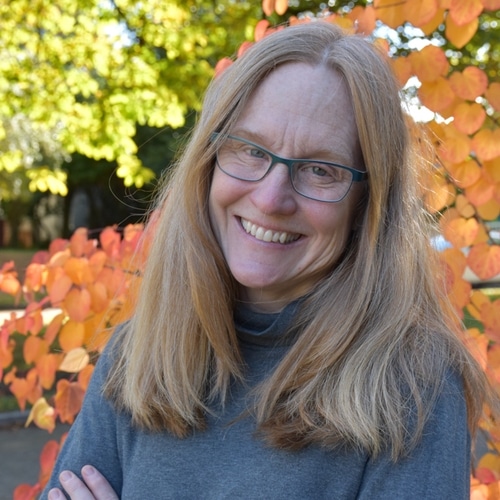
2023 Earth Day Speaker
Boys and Oil: Growing Up Gay in a Fractured Land
“I am a child of the American West, a landscape so rich and wide that my culture trembles with terror before its power.” So begins Taylor Brorby’s Boys and Oil, a haunting, bracingly honest memoir about growing up gay amidst the harshness of rural North Dakota, “a place where there is no safety in a ravaged landscape of mining and fracking.”
In visceral prose, Brorby recounts his upbringing in the coalfields; his adolescent infatuation with books; and how he felt intrinsically different from other boys. Now an environmentalist, Brorby uses the destruction of large swathes of the West as a metaphor for the terror he experienced as a youth. From an assault outside a bar in an oil boom town to a furtive romance, and from his awakening as an activist to his arrest at the Dakota Access Pipeline, Boys and Oil provides a startling portrait of an America that persists despite well-intentioned legal protections.
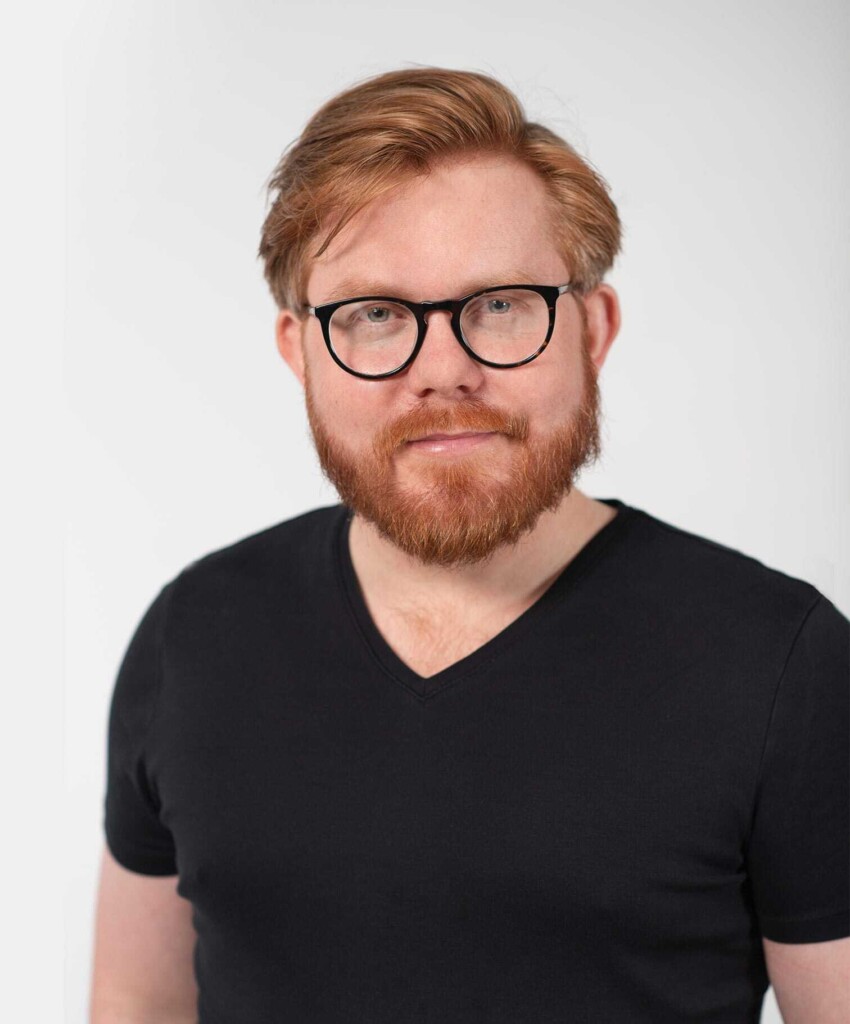
Taylor Brorby is the author of Boys and Oil: Growing up gay in a fractured land (2022), Crude: Poems, Coming Alive: Action and Civil Disobedience (2017), and co-editor of Fracture: Essays, Poems, and Stories on Fracking in America (2016). The Earth Day lecture draws on his most recent work, a protest memoir where Brorby bridges daydreams and nightmares: the gentle stirrings of the prairie and the violence of the oil and gas industry. Through the lens of his experience as a gay man growing up on fractured land, he explores how character and identity are shaped by the landscapes that raise us.
2022 Earth Day Speaker
Beyond Climate Doom:
Navigating Grief and Anxiety in the Age of Crisis
As our climate crisis deepens, feelings of anxiety, grief, and hopelessness are on the rise. Staying engaged in climate solutions over the long term requires us to avoid emotional burnout; yet when bombarded with so much bad news – mass extinction, dying oceans, displaced communities and burning forests – this is easier said than done. This talk explores the mental health dimensions of climate disruption among students, scientists, activists, and frontline communities, and shares practical strategies for building the emotional resilience to channel despair into meaningful action.
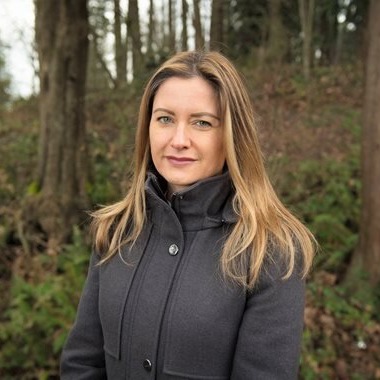
Dr. Jennifer Atkinson is an Associate Professor of environmental humanities at the University of Washington, Bothell. Her seminars on Eco-Grief & Climate Anxiety have been featured in the New York Times, Washington Post Magazine, the Los Angeles Times, NBC News, the Seattle Times, Grist, the Washington Post, KUOW and many other outlets. She leads public seminars on climate and mental health in partnership with youth activists, psychologists, climate scientists and policy makers. Her podcast “Facing It” also gives people tools to channel eco-anxiety into action.
2021 Earth Day Speaker
Seattle’s Beacon Hill is a BIPOC immigrant and refugee majority community with aircraft, road, air, and noise pollution. Maria Batayola will speak about El Centro De La Raza’s and Beacon Hill Council’s organizing journey for their beloved community, the multicultural/lingual challenges, the tensions between Environmental Justice and science, the multi-layered laws, and the immediacy of climate change.
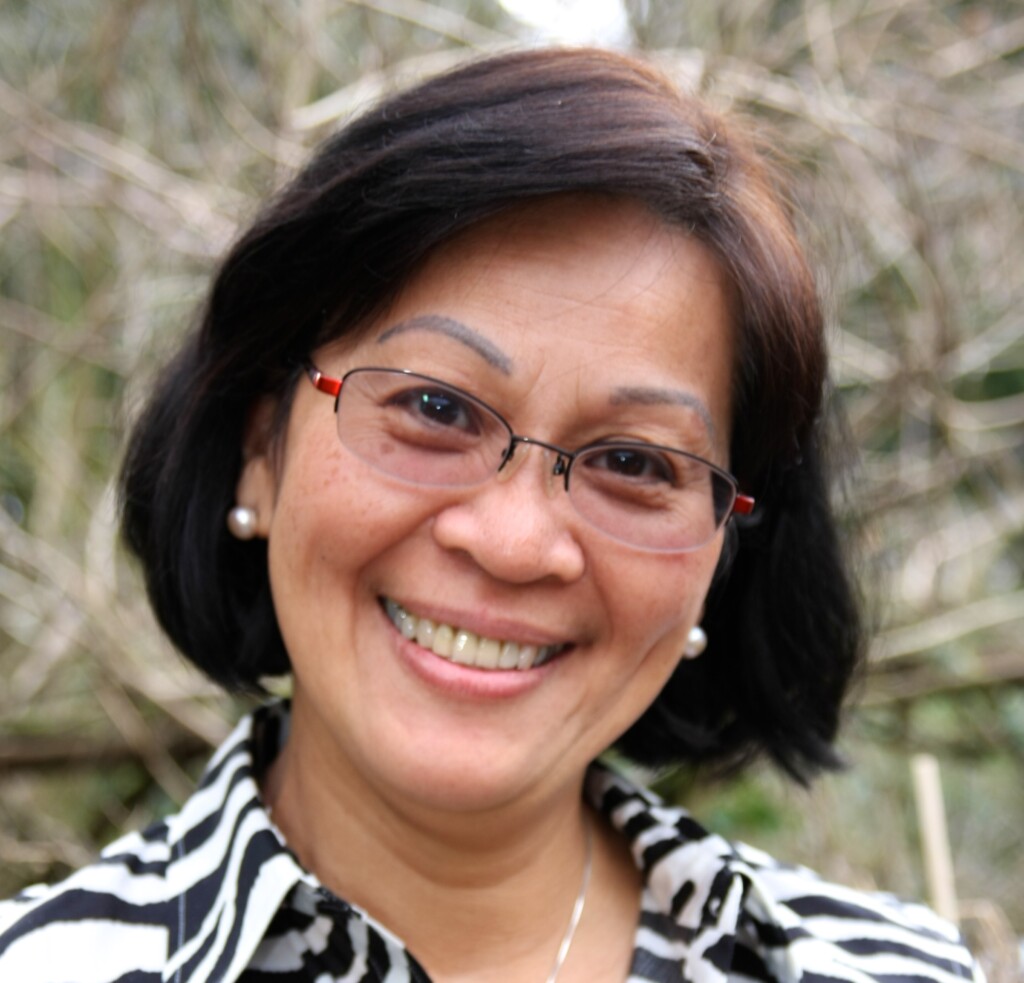
Maria Batayola is a writer and long time community equity and inclusion activist. A 1.5 Filipino immigrant, she led diversity, inclusion and equity programs for Metro and King County government for thirty years. She co-founded the anti-domestic violence/human trafficking Asian Pacific Islander Women & Safety Center, the Community Coalition for Environmental Justice, the Theatrical Ensemble of Asians and Kultura Arts. She currently serves as Environmental Justice Coordinator for El Centro De La Raza and chairs the Seattle Beacon Hill Council. She owns Jump Start, an organizational and community development consulting service.
2020 Earth Day Speaker
Sen. Saldaña grew up in the Delridge neighborhood of Seattle and has lived and worked primarily in Seattle and Oregon. She has expertise in a variety of areas including worker and immigrant advocacy, transit equity, women’s rights, social and racial justice, civic engagement, affordable housing and sustainable community development. Sen. Saldaña most recently served as the Executive Director for Puget Sound Sage – a nonprofit that promotes affordable and equitable housing and transportation policies, environmental justice and workers’ rights.
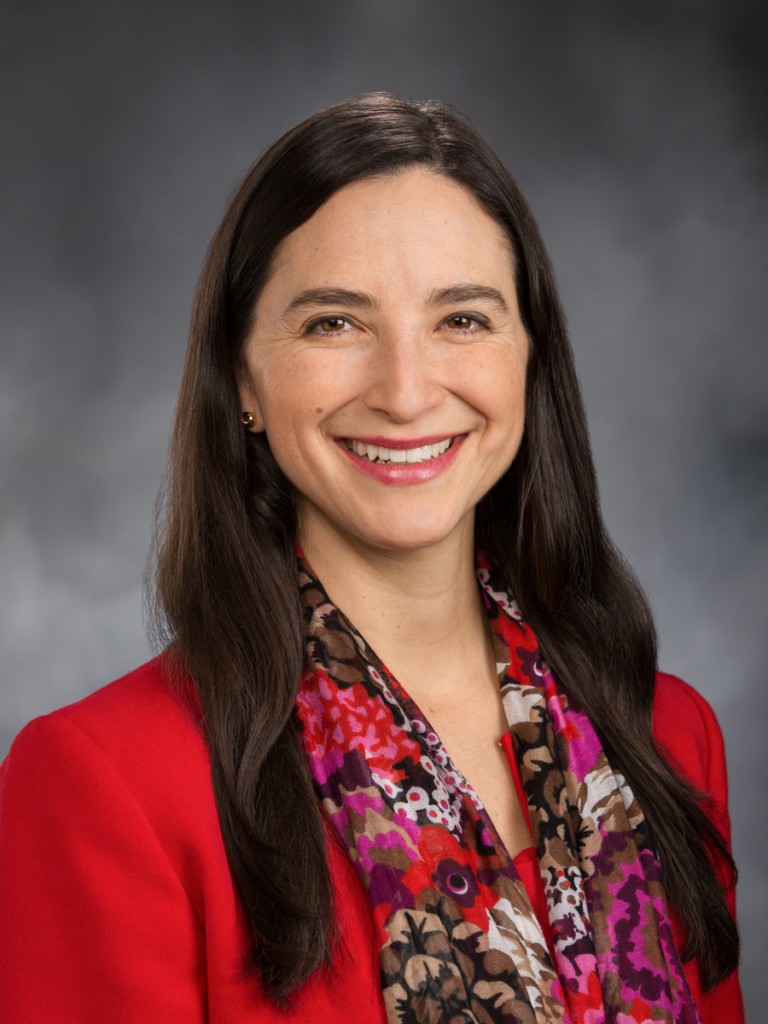
In that role, she helped secure $16 million in city funding for Equitable Development Initiatives in the 37th Legislative District, a future Graham Street Light Rail Station and transportation equity wins, including a low-income transit fare program. She is vice chair of the Senate Transportation Committee and also sits on the Labor & Commerce Committee and the State Government, Tribal Relations & Elections Committee. She holds a Bachelor of Arts in Theology and Humanities from Seattle University, and lives in Rainier Beach/Skyway with her husband and two youngest children.
Although Sen. Saldaña couldn’t join us on campus, take a look at this video to learn more about who she is and the work she’s committed to.
2019 Earth Day Speaker
Matthew Vitz is Associate Professor of Latin American history at the University of California, San Diego where he teaches undergraduate and graduate courses on Latin American and Mexican history as well as environmental history. He previously taught at Dartmouth College and was a postdoctoral fellow at Mexico’s National University (UNAM). His research on the urban and environmental history of Mexico has appeared in numerous journals. His book, A City on a Lake: Urban Political Ecology and the Growth of Mexico City, was published by Duke University Press in 2018. His talk was titled: “What Environmental History Can Teach Us: Lessons for Building a Just and Sustainable Future.”
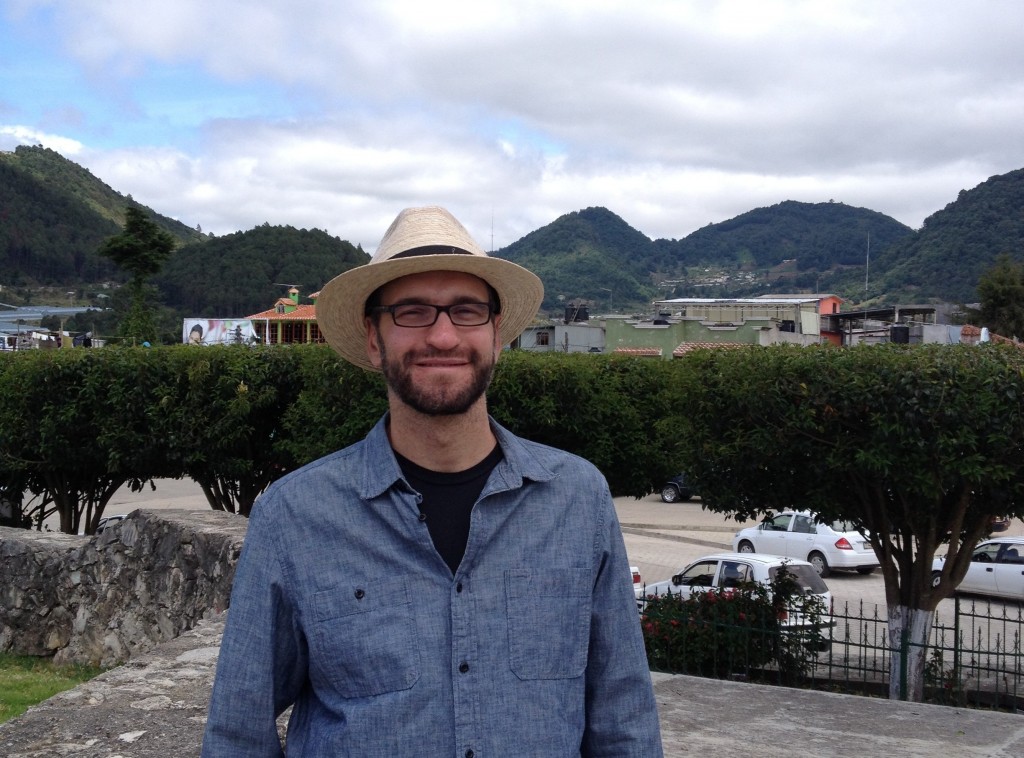
2018 Earth Day Speaker
Roger Fernandes is a Native American artist, storyteller, and educator whose work focuses on the Puget Salish tribal cultures of the western Washington region. He is an enrolled member of the Lower Elwha S’Klallam Tribe and has a degree in Native American Studies from The Evergreen State College and a Master’s Degree in Whole Systems Design from Antioch University.
He works in the fields of arts, education, and social work. All of these systems are essentially communications-focused and he weaves together elements of all three to create a unique perspective relative to teaching and learning.
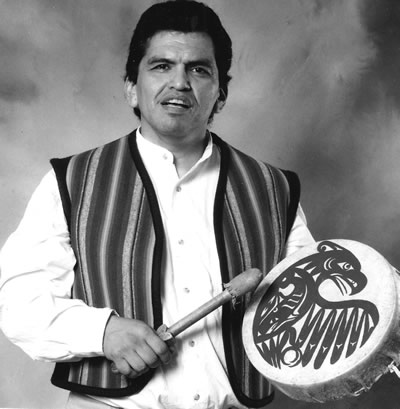
2017 Earth Day Speaker
Amanda McCarty (PLU Biology ’04) is an environmental scientist and policy maker with the National Oceanic and Atmospheric Administration (NOAA). Her talk is entitled “Connecting Science and Policy: One Lute’s Journey from Biologist to Climate Negotiator.”
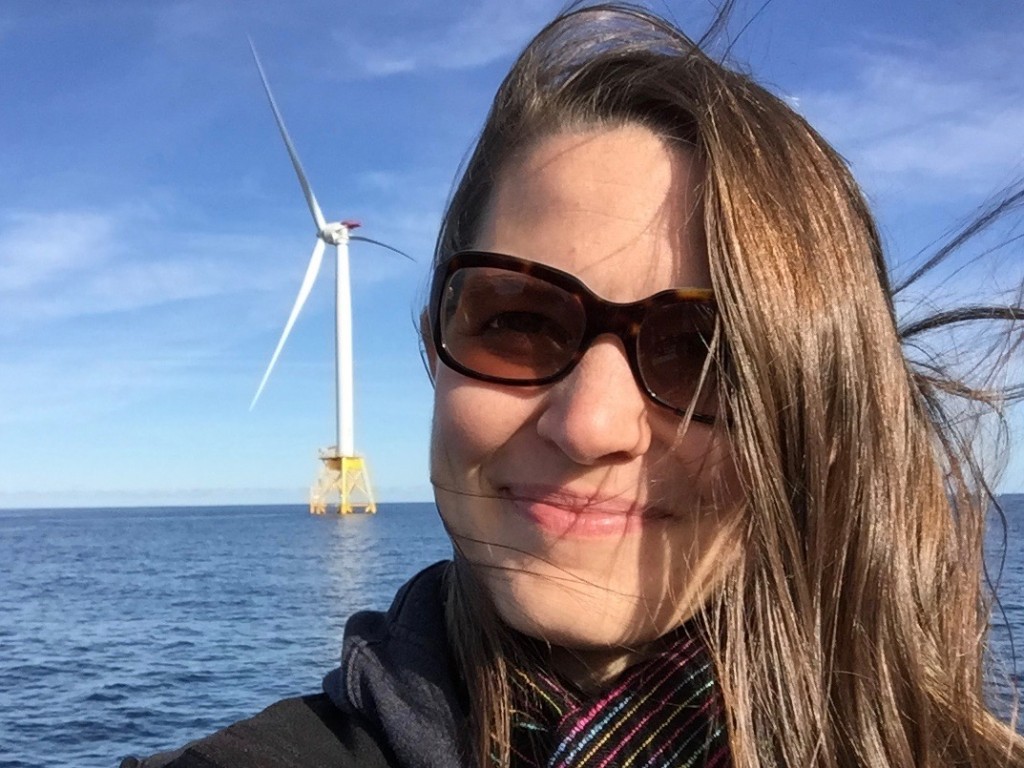
During her tenure at NOAA, Amanda has contributed to efforts to coordinate and advance the development and delivery of climate services, advanced President Obama’s Climate Action Plan, and provided leadership to international climate adaptation programs. The highlight was representing the United States for 7 years as a negotiator to the United Nations Framework Convention on Climate Change (UNFCCC), which allowed her to contribute to the historic Paris Agreement to address global climate change. Amanda is currently serving as both the Assistant Director for Partnerships and the Acting Deputy Director for NOAA’s National Sea Grant College Program, which produces and delivers science that serves America’s coastal communities, economies, and ecosystems.
2016 – Associate Professor and the Academic Director of the Aboriginal Education Research Centre at the University of Saskatchewan, Alexandria (Alex) Wilson delivered her lecture “Indigenous Sovereignty: Bodies, Water, Land, Sky, and Scholarship.”
2015 – Associate Professor of Geography at the University of Kentucky, Carolyn Finney delivered her lecture “This Patch of Soil: Race, Nature, and Stories of Future Belonging.”
2014 – Former Washington Gov. Christine Gregoire spoke on her record of environmental stewardship.
2013 – Dr. Michael E. Smith, Professor of Anthropology at Arizona State University
“When Small Was Beautiful: The Ancient History of Resilient Practices”
2012 – Dr. Michael Pavel, Professor of Native American Studies in the Department of Education Studies at the University of Oregon
“Connecting to Everything on Earth: Its Land, Water, and Peoples (Plant, Animal, and Human”
2011 – Greg Nickels, Former Mayor of Seattle and U.S. Public Delegate to the United Nations
“All Politics is Local: Even Global Warming”
2010 – Dr. David Montgomery, Professor of Earth & Space Sciences at the University of Washington
“Dirt: The Erosion of Civilizations”
2009 – Dr. Coll Thrush, Professor of History at the University of British Columbia in Vancouver
“The Environmental History of Not-Seeing: Indigenous Landscapes and the Re-Imagining of Cascadia”



Social Media